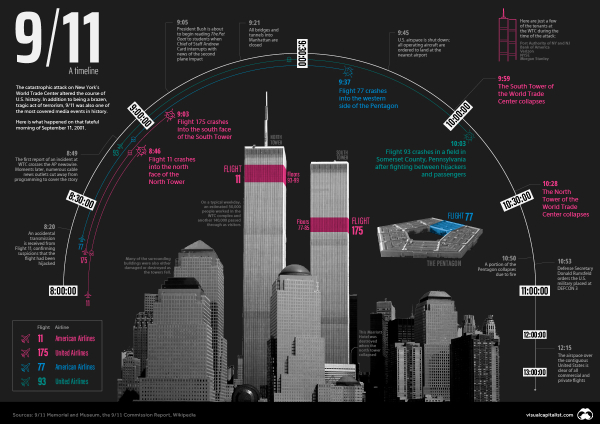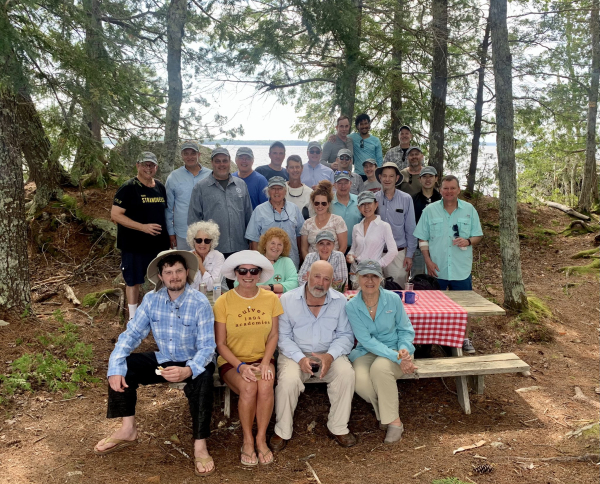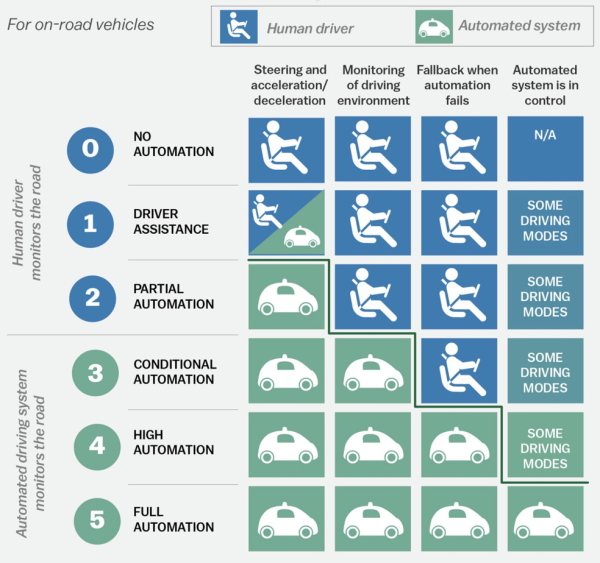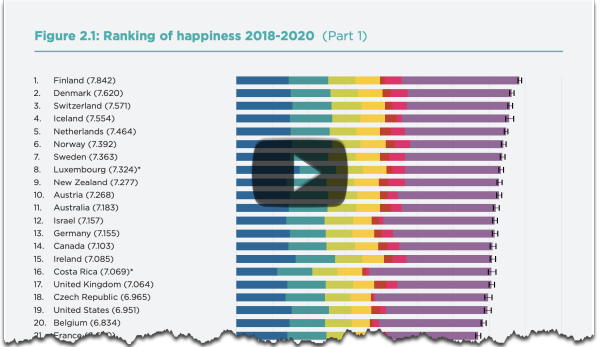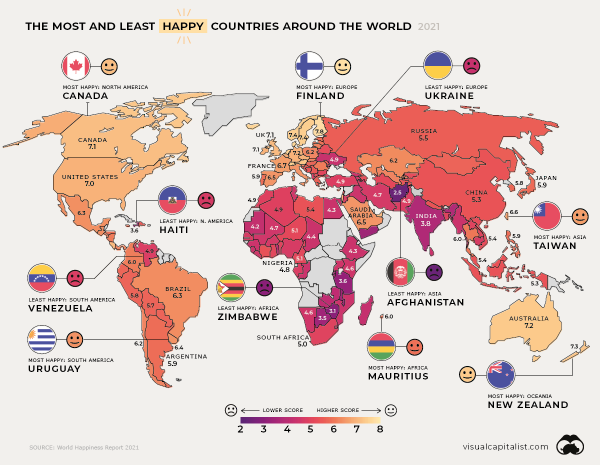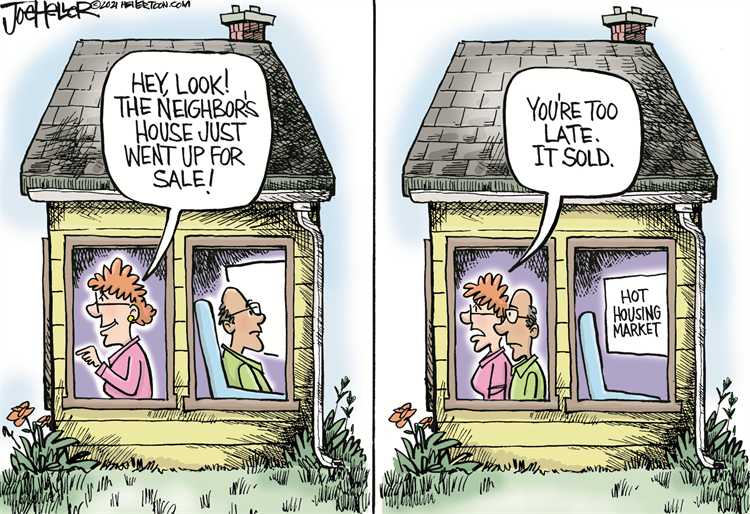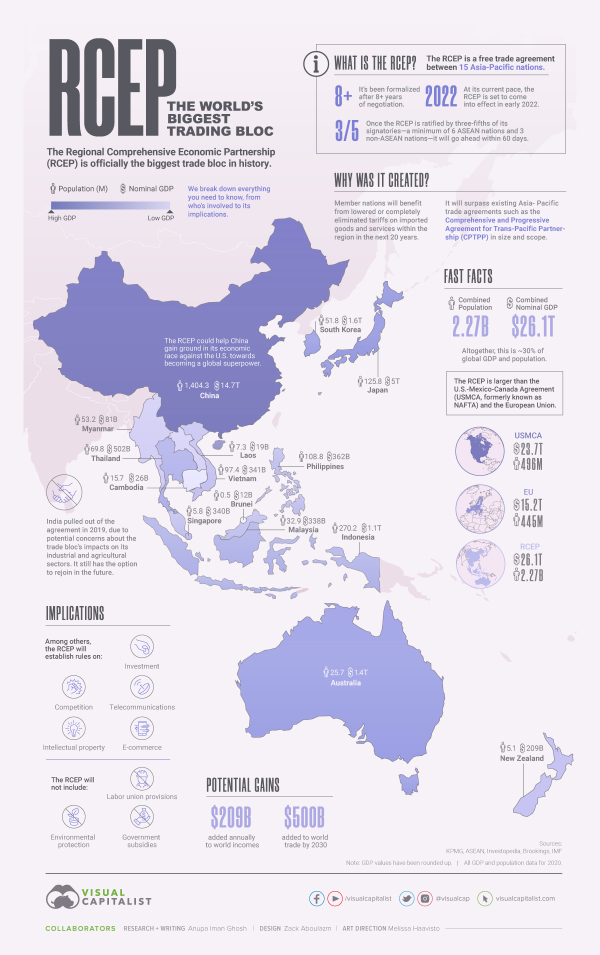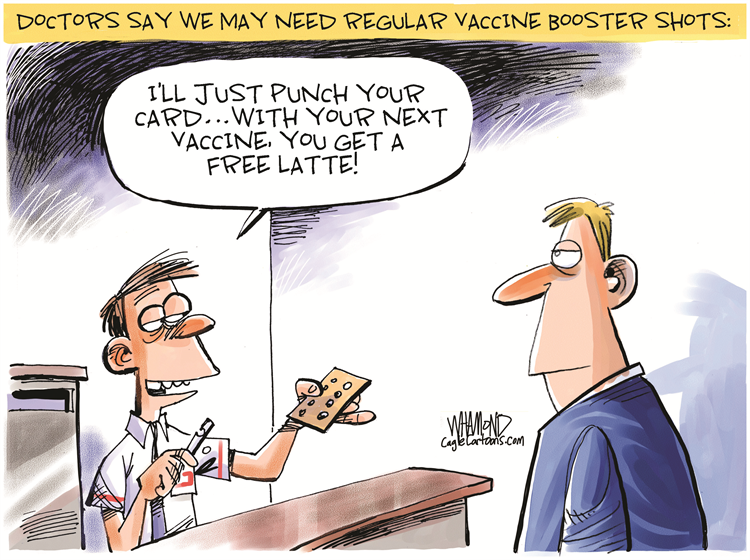On September 11, 2001, 19 extremist Al Qaeda militants hijacked four airliners and carried out suicide attacks against targets in the United States. Nearly 3000 people were killed during the attacks.
Do you remember where you were when it happened?
For most Americans, it’s easy. That moment – and its ripples – are imprinted on our minds. For my son, Zach, it was in his 3rd-grade class. They wheeled in a TV on a cart for the students to watch. One of his classmate’s uncles was killed in the attack.
A colleague of mine was supposed to be in the tower that day but rescheduled a meeting for the following day – narrowly missing it.
And now 20 years have passed. So much has changed. So much has stayed the same. We’ve analyzed the events of that morning a thousand ways from different vantage points … and it’s still impossible to fully grasp the weight of the event.
It’s crazy to imagine that there are now full-fledged adults who have no memory of it.
And with that, Visual Capitalist put together a great chronology of the event.
As we honor those that gave their lives – or had them taken from them – it’s a powerful reminder.
Click the image to enlarge.
via visualcapitalist
The Pentagon has been repaired and we have a new World Trade Center in Lower Manhattan – but the wounds of that day still remain.
Even more so for the actual first responders. With that, I’ll leave you with a powerful video from Jon Stewart, fighting for those first responders.

